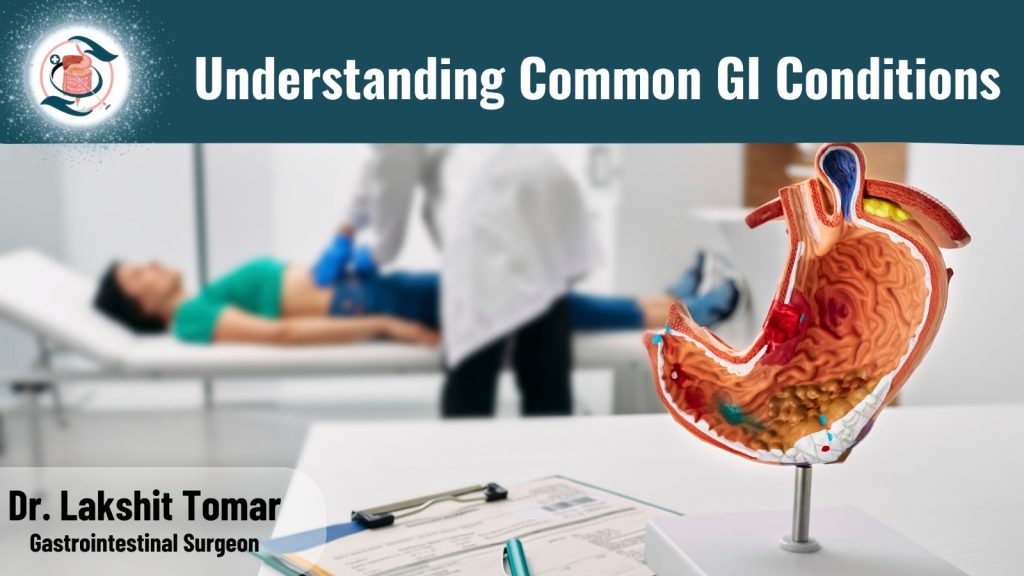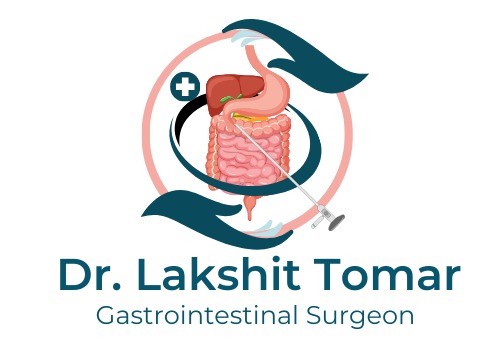
Gastrointestinal (GI) conditions affect millions worldwide, impacting daily life and overall health. Understanding these disorders can help individuals recognize symptoms, seek timely treatment, and improve their quality of life. Here, we explore some common GI conditions, their symptoms, causes, and management strategies.
Acid Reflux (GERD)
Gastroesophageal reflux disease (GERD) occurs when stomach acid flows back into the esophagus, causing heartburn, chest pain, or difficulty swallowing. Triggers include spicy foods, caffeine, or lying down after eating. Chronic GERD can lead to complications like esophagitis. Management involves lifestyle changes—avoiding trigger foods, eating smaller meals, and maintaining a healthy weight—alongside medications like antacids or proton pump inhibitors.
Irritable Bowel Syndrome (IBS)
IBS is a functional disorder characterized by abdominal pain, bloating, and changes in bowel habits (diarrhea, constipation, or both). Stress, certain foods, or hormonal changes may exacerbate symptoms. While the exact cause is unknown, gut-brain interactions play a role. Treatment focuses on symptom relief through dietary adjustments (like a low-FODMAP diet), stress management, and medications such as antispasmodics or laxatives.
Inflammatory Bowel Disease (IBD)
IBD, including Crohn’s disease and ulcerative colitis, involves chronic inflammation of the GI tract. Symptoms include severe diarrhea, abdominal pain, fatigue, and weight loss. Genetic factors, immune system issues, and environmental triggers contribute. Treatment often requires anti-inflammatory drugs, immunosuppressants, or biologics, alongside dietary changes and, in severe cases, surgery.
Celiac Disease
Celiac disease is an autoimmune condition triggered by gluten consumption, damaging the small intestine. Symptoms include diarrhea, bloating, fatigue, and nutrient deficiencies. A strict gluten-free diet is the primary treatment, requiring careful avoidance of wheat, barley, and rye. Regular follow-ups with a healthcare provider ensure proper management and prevent complications like osteoporosis.
When to Seek Help
Persistent or severe GI symptoms warrant medical attention. Early diagnosis through tests like endoscopy, colonoscopy, or bloodwork can prevent complications. Lifestyle changes, such as balanced diets, regular exercise, and stress reduction, benefit most GI conditions. Consulting a gastroenterologist ensures tailored treatment plans.
Understanding these common GI conditions empowers individuals to take charge of their health. If you experience symptoms, don’t hesitate to seek professional advice for proper diagnosis and care.
